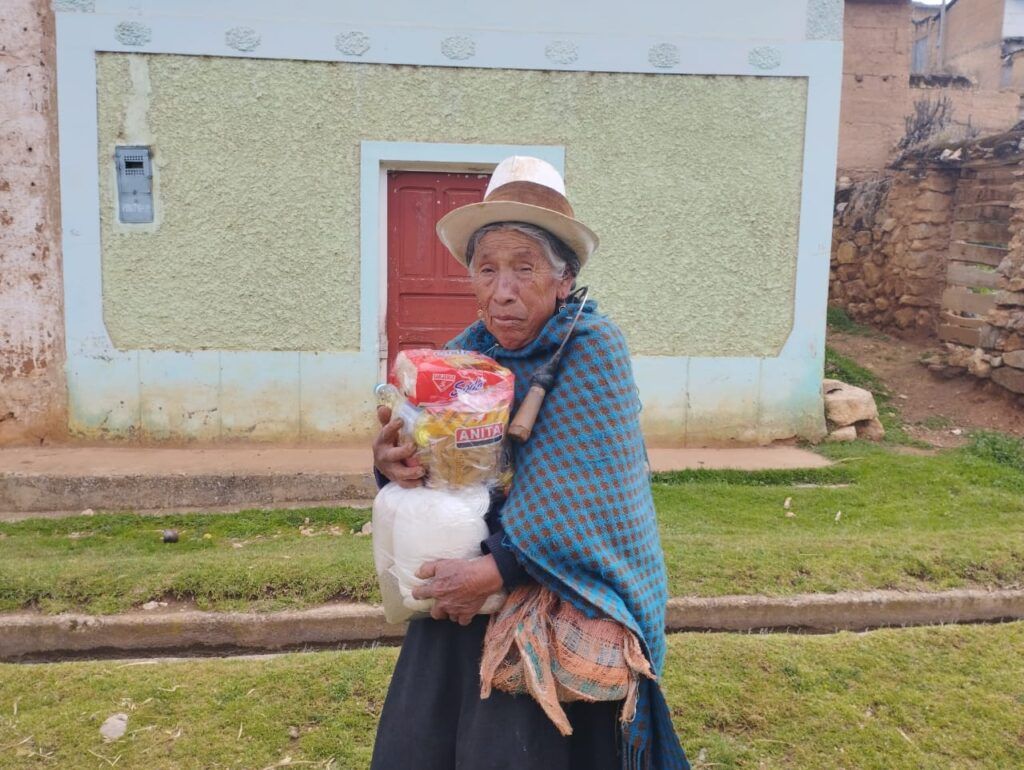As we age, we often find that our bodies and minds no longer function as they once did. This can be especially true for elderly women, who may face additional challenges such as ageism, sexism, and social isolation. However, it is crucial to remember that age should not be a barrier to living a fulfilling life. With the right support and resources, elderly women can continue to thrive and contribute to their communities in meaningful ways. In this article, we will discuss some of the ways that we can empower elderly women and help them lead happy, healthy, and fulfilling lives.
One of the most important ways to empower elderly women is by providing them with access to healthcare. As we age, our bodies become more vulnerable to illness and disease, and it is essential that we receive regular check-ups and screenings to maintain our health. Unfortunately, many elderly women do not have access to affordable healthcare, which can lead to untreated medical issues and a lower quality of life. By advocating for universal healthcare and supporting programs that provide affordable healthcare to elderly women, we can ensure that they receive the medical attention they need to stay healthy and active.
Another crucial aspect of empowering elderly women is promoting social connections and combating isolation. Many elderly women live alone or in nursing homes, where they may not have regular opportunities to interact with others. This can lead to feelings of loneliness and depression, which can have a negative impact on their physical and mental health. By creating community programs that provide opportunities for elderly women to socialize and engage in activities, we can help them build new friendships and stay connected to their communities. This can include everything from book clubs and exercise classes to volunteer opportunities and community events.
In addition to healthcare and social connections, it is important to address the economic challenges that many elderly women face. Women are more likely than men to live in poverty in their old age, due to factors such as wage gaps and time out of the workforce to care for children and elderly relatives. This can lead to financial insecurity and a lack of resources to meet basic needs such as housing and healthcare. By supporting policies that address income inequality and provide social safety nets for elderly women, we can help ensure that they have the resources they need to live comfortably and with dignity in their later years.

Finally, it is important to recognize and celebrate the contributions that elderly women have made to their communities and society as a whole. Too often, older adults are marginalized and devalued, as if their experiences and wisdom are no longer relevant or important. By highlighting the stories and accomplishments of elderly women and giving them opportunities to share their knowledge and skills, we can help to break down ageist stereotypes and promote intergenerational understanding and respect.
In conclusion, empowering elderly women requires a multi-faceted approach that addresses their healthcare needs, social connections, economic challenges, and contributions to society. By recognizing the unique challenges that elderly women face and providing them with the support and resources they need, we can help them to live fulfilling and meaningful lives in their later years. By working together as a society to empower our elderly population, we can create a more just and equitable world for all.




